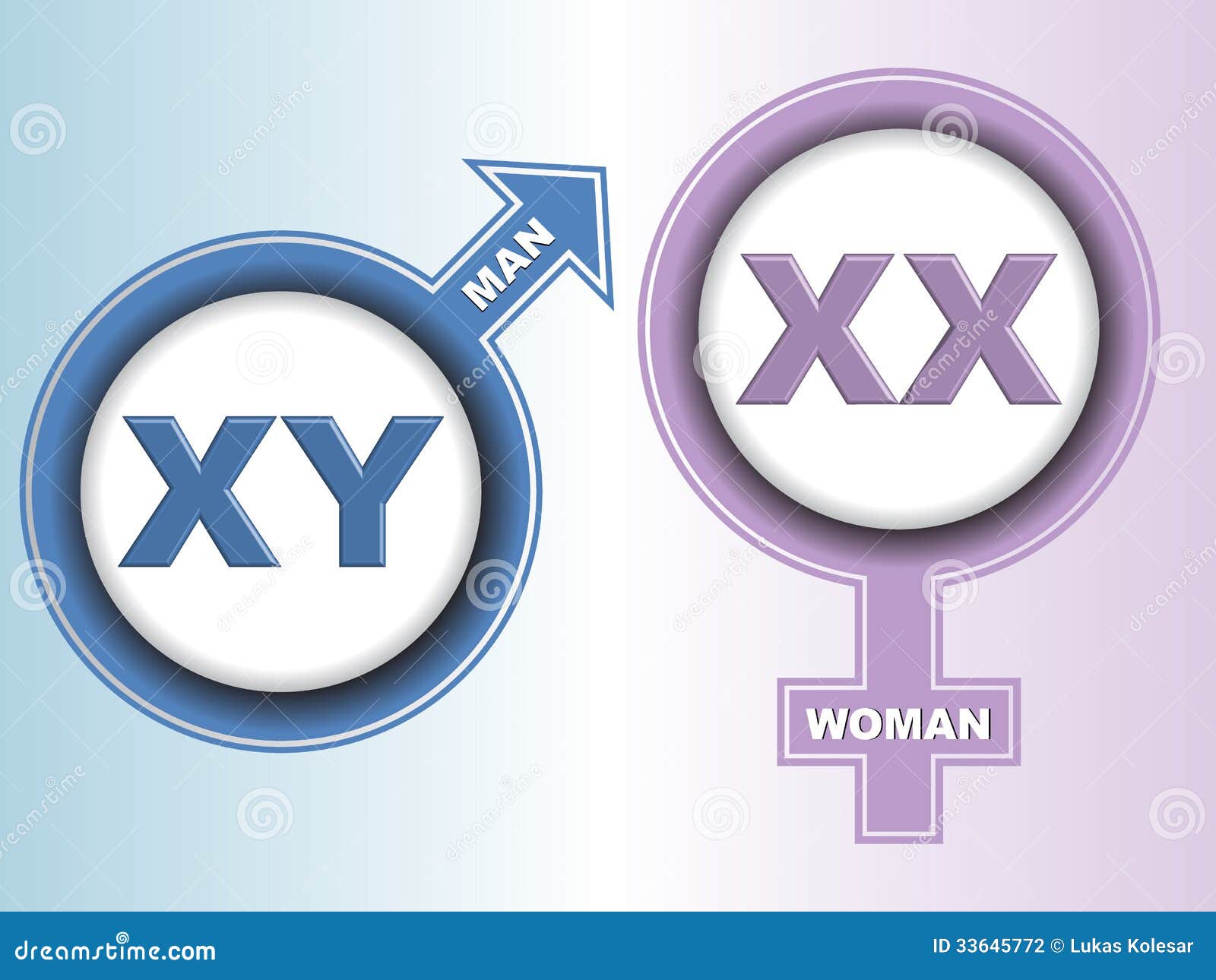

The chromosomal abnormalities were passed on to the embryos and resulted in high rates of loss after implantation.The degree of the chromosomal problems were found to increase with maternal age.The gene is involved in regulation of the proper division of pairs of chromosomes during the egg maturation process.In August 2009 a study was published (article by Lelanda referenced below) showing that mice that had a mutation in a specific gene had significantly higher rate of chromosomal abnormalities than normal. Possible insight from a study about a gene that regulates normal egg development (in mice).Why do some women have more chromosomally abnormal eggs than average for their age? Older eggs are significantly more likely to have abnormally functioning spindles – which causes an increased rate of chromosomal problems in the mature eggs.

However, with a disordered arrangement on an abnormal spindle, the division process may be uneven – resulting in an unbalanced chromosomal situation in the egg. When the chromosomes line up properly in a straight line on the spindle apparatus in the egg, the division process would be expected to proceed normally so that the egg would end up with its proper complement of 23 chromosomes. The green area is the spindle apparatus.Įgg from a woman in her early 40’sChromosomes line up erratically – a mishap during chromosome separation is much more likely.The orange spots are pairs of chromosomes in the eggs.These photos were taken with confocal fluorescence microscopy of eggs stained with special dyes to show the spindles and chromosomes. The pictures below are from this journal article. 79% of the eggs studied from women 40-45 years old were found to have an abnormal spindle appearance and at least one chromosome displaced from proper alignment.17% of the eggs studied from women 20-25 years old were found to have an abnormal spindle appearance and at least one chromosome displaced from proper alignment.This study gives insight into how chromosomally abnormal eggs (and therefore, embryos) are more common in older women.Study on Human Egg Spindles and Female AgeĪn excellent study published in the medical journal “Human Reproduction” in October of 1996 investigated the influence of maternal age on meiotic spindle assembly in human eggs. An abnormal spindle can predispose to development of chromosomally abnormal eggs. The meiotic spindle is a critical component of eggs that is involved in organizing the chromosome pairs so that a proper division of the pairs can occur as the egg is developing. However, research studies have clarified some of the issues involved. We do not know exactly why there is an increase in chromosomal abnormalities in the eggs of women as they age. Rate of chromosomally abnormal human eggs and embryos by age Chromosomal Problems in Aging Eggs If we have a normal embryo for transfer this significantly increases the chance for a successful pregnancy.



 0 kommentar(er)
0 kommentar(er)
